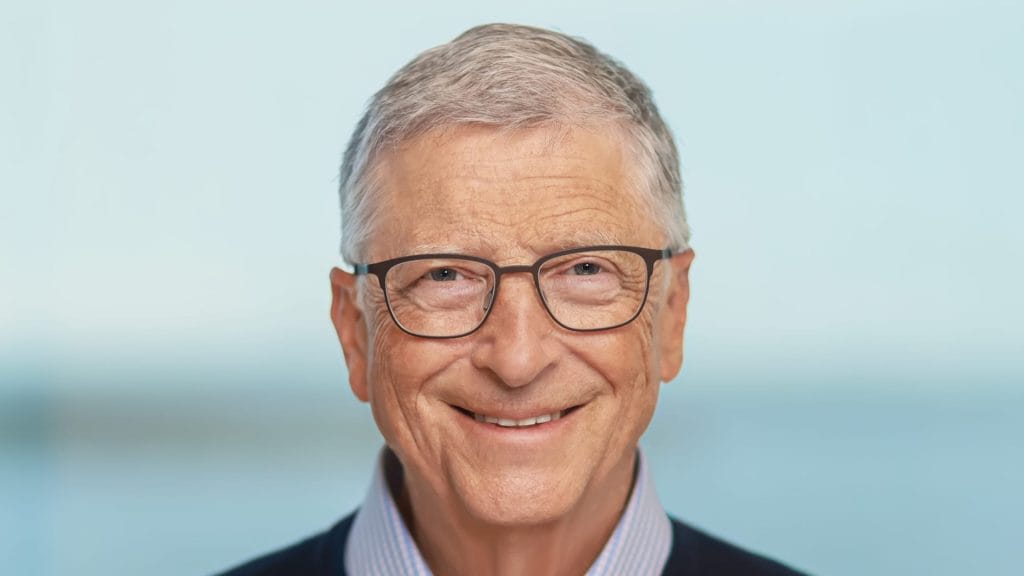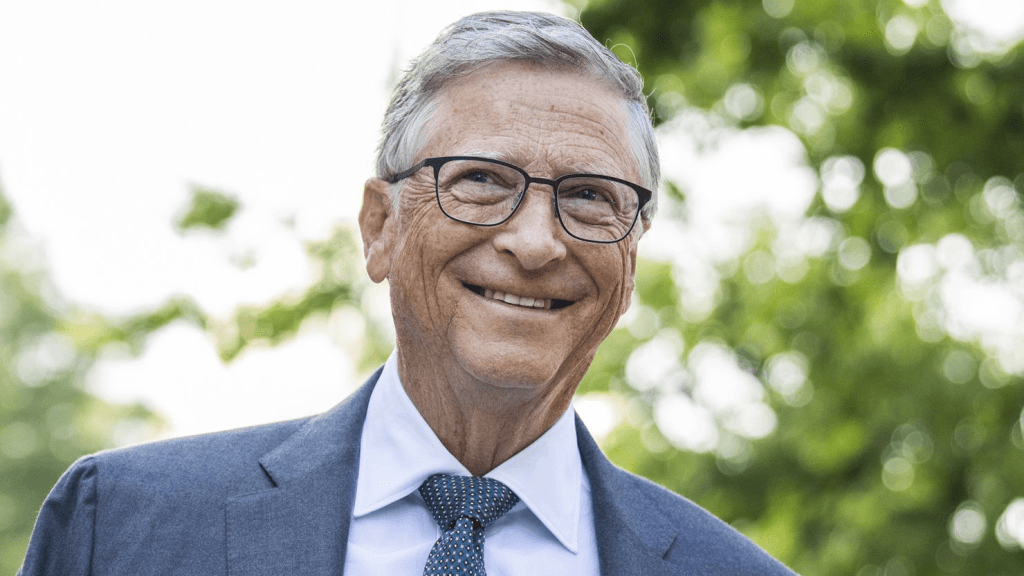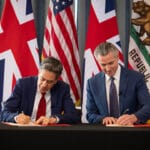Billionaire Bill Gates Urges Climate Policy Rethink Ahead of COP30 in Brazil

• Gates urges governments to focus on human welfare and resilience over temperature metrics.
• Calls for targeted investment in energy access, healthcare, and agriculture for developing regions.
• Pushes policymakers and investors to prioritize cost-effective climate aid and scalable innovation.
A Shift in Climate Priorities Before COP30
Billionaire philanthropist Bill Gates has called on world leaders to redefine their approach to climate policy ahead of the COP30 summit in Brazil, urging a pivot from temperature targets toward human resilience, welfare, and equitable adaptation.
In a personal blog post released Tuesday, Gates argued that the global climate strategy has overemphasized carbon metrics while underinvesting in the systems that allow societies to withstand environmental shocks. He described climate change as “serious but not civilization-ending,” and said success should be measured by improved prosperity, health, and adaptive capacity — not by global temperature alone.
The remarks come as countries prepare to update their national climate pledges at COP30, which will take place from November 10–21 in Belém, the capital of Brazil’s Pará state in the Amazon region. The summit is expected to assess progress toward renewable energy and adaptation targets set under the Paris Agreement — goals that remain significantly off track.
From Temperature Goals to Human Resilience
Gates’ intervention represents a growing debate within the climate policy community: whether mitigation-focused frameworks have come at the expense of resilience. He called for greater attention to how climate finance can support energy access, healthcare, and agricultural innovation in low-income regions that bear the brunt of warming yet receive limited funding.
“Investments in human welfare deliver faster, broader benefits than abstract temperature targets,” Gates wrote, adding that sustainable development “starts with ensuring people can live healthier, more secure lives in a changing climate.”

His comments reflect a pragmatic approach rooted in his philanthropic work through the Bill & Melinda Gates Foundation and his investment network, Breakthrough Energy, which funds clean-tech ventures aimed at lowering decarbonization costs. Gates said climate strategies that ignore development priorities risk losing public support and failing to deliver measurable impact.
Data, Efficiency, and Accountability in Climate Aid
The Microsoft co-founder also pressed governments and donors to assess whether climate aid spending achieves tangible results. “We need to make sure every dollar of climate funding is actually improving lives or accelerating innovation,” he wrote, urging the use of data-driven evaluations to identify what works.
Gates’ appeal echoes rising scrutiny of international climate finance flows, which often face criticism for fragmentation, slow disbursement, and limited transparency. His remarks align with growing calls from developing economies for reforms that make climate funding more accessible and impactful.
He urged investors to back companies capable of delivering scalable solutions — such as low-cost clean energy technologies and climate-smart agriculture — that can bridge both mitigation and adaptation goals.
RELATED ARTICLE: Bill Gates’ Breakthrough Energy Backs Canadian Carbon Tech Hub with $40M Grant
The Global Stakes and the Amazon Setting
The choice of Belém as the host city adds symbolic weight. Situated in Brazil’s lower Amazon, it will serve as a backdrop for negotiations on global decarbonization and forest conservation — two issues central to balancing development and environmental stewardship.
Gates’ framing of climate resilience through the lens of health and prosperity may influence discussions around adaptation financing, one of the most contested issues on the COP30 agenda. His argument that “temperature is not the only metric that matters” could also resonate with policymakers seeking politically sustainable narratives for climate action.
Measured Optimism and Global Context
Citing data that direct deaths from natural disasters have fallen by around 90% over the past century — now averaging between 40,000 and 50,000 annually — Gates credited improved warning systems and stronger infrastructure for saving lives.
The United Nations and World Meteorological Organization (WMO) have recently reinforced this message. Last week, UN Secretary-General António Guterres urged all countries to implement early warning systems for extreme weather, following a WMO report that found more than 2 million deaths from weather, water, and climate-related hazards in the past five decades, 90% of them in developing nations.
For investors, policymakers, and corporate leaders heading into COP30, Gates’ call reframes climate policy as an opportunity for social resilience and inclusive growth. The challenge, as he implies, is not only to slow warming — but to ensure that billions of people can thrive despite it.
Follow ESG News on LinkedIn












